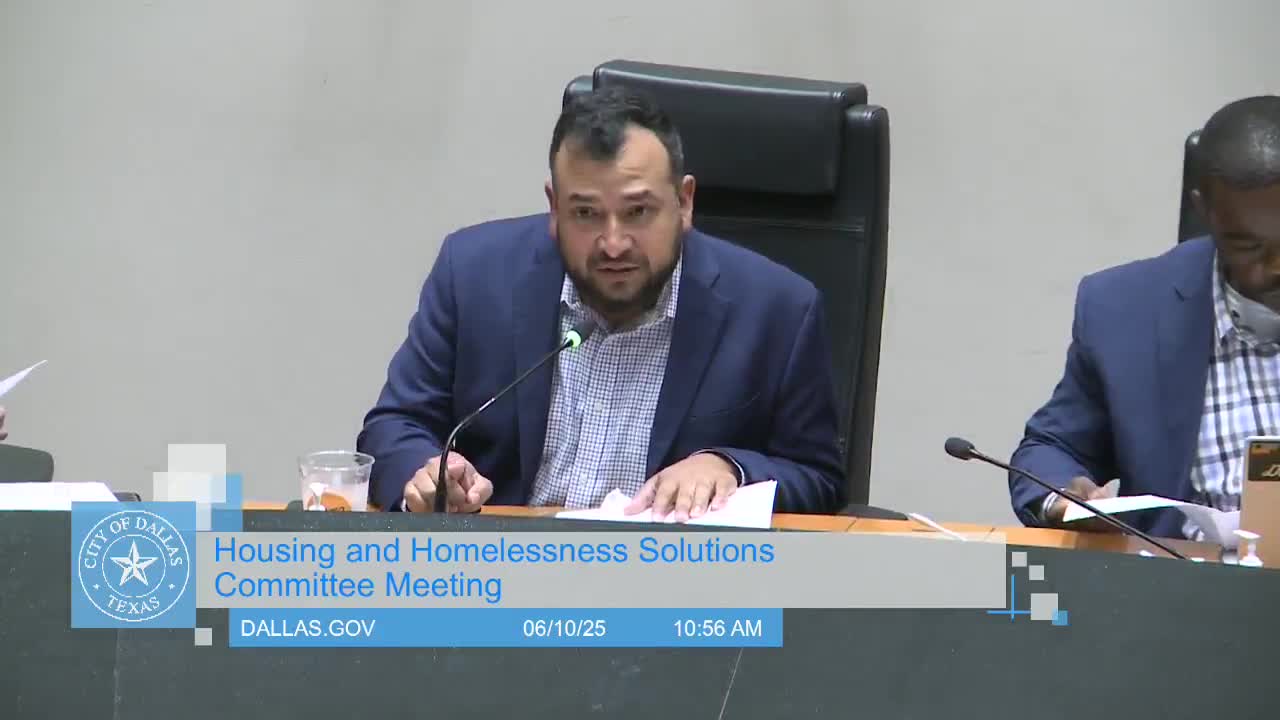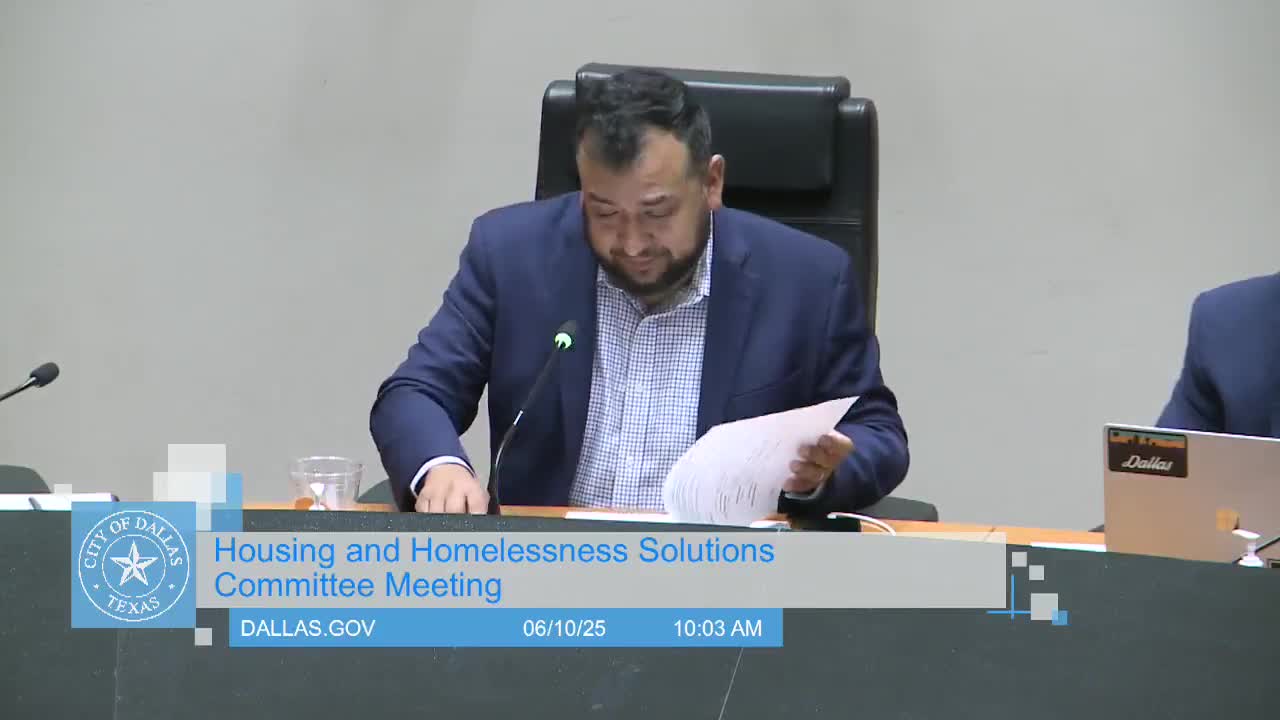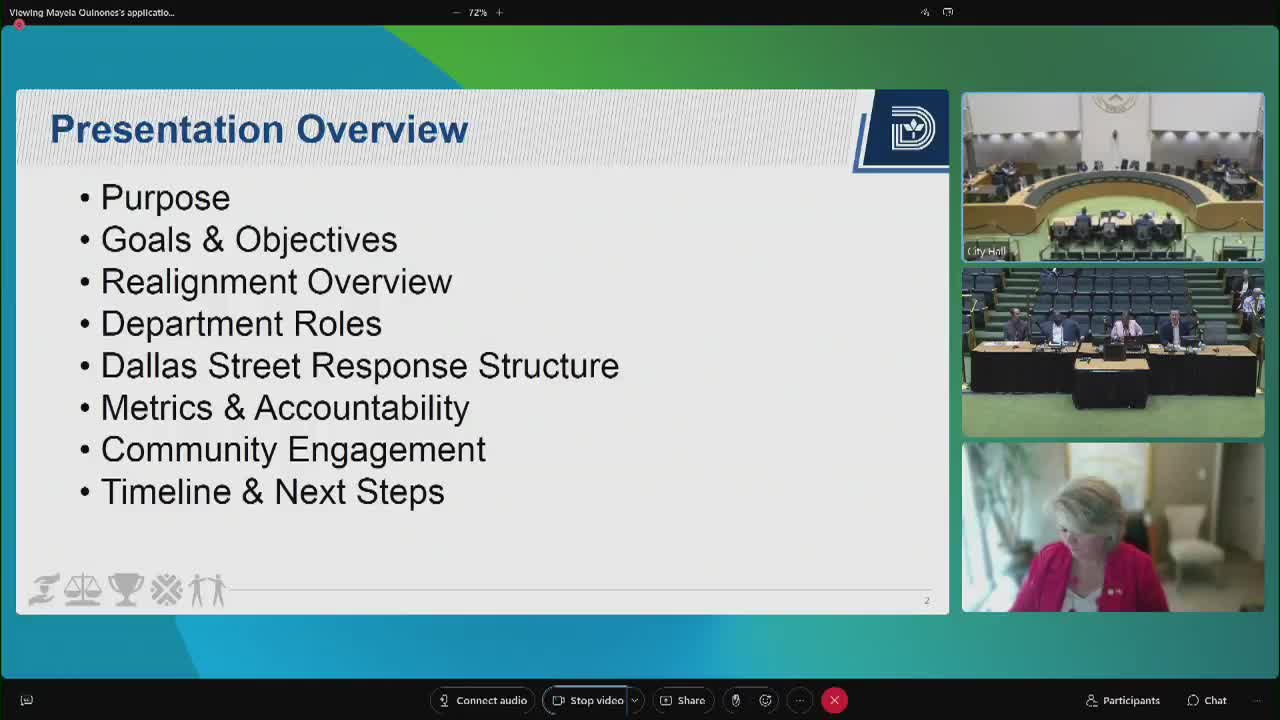Article not found
This article is no longer available. But don't worry—we've gathered other articles that discuss the same topic.

Council committee to ratify late inclement‑weather shelter invoices; providers reported delayed reimbursement

City realigns street response under emergency management, outlines hot‑spot and closure maintenance strategy

